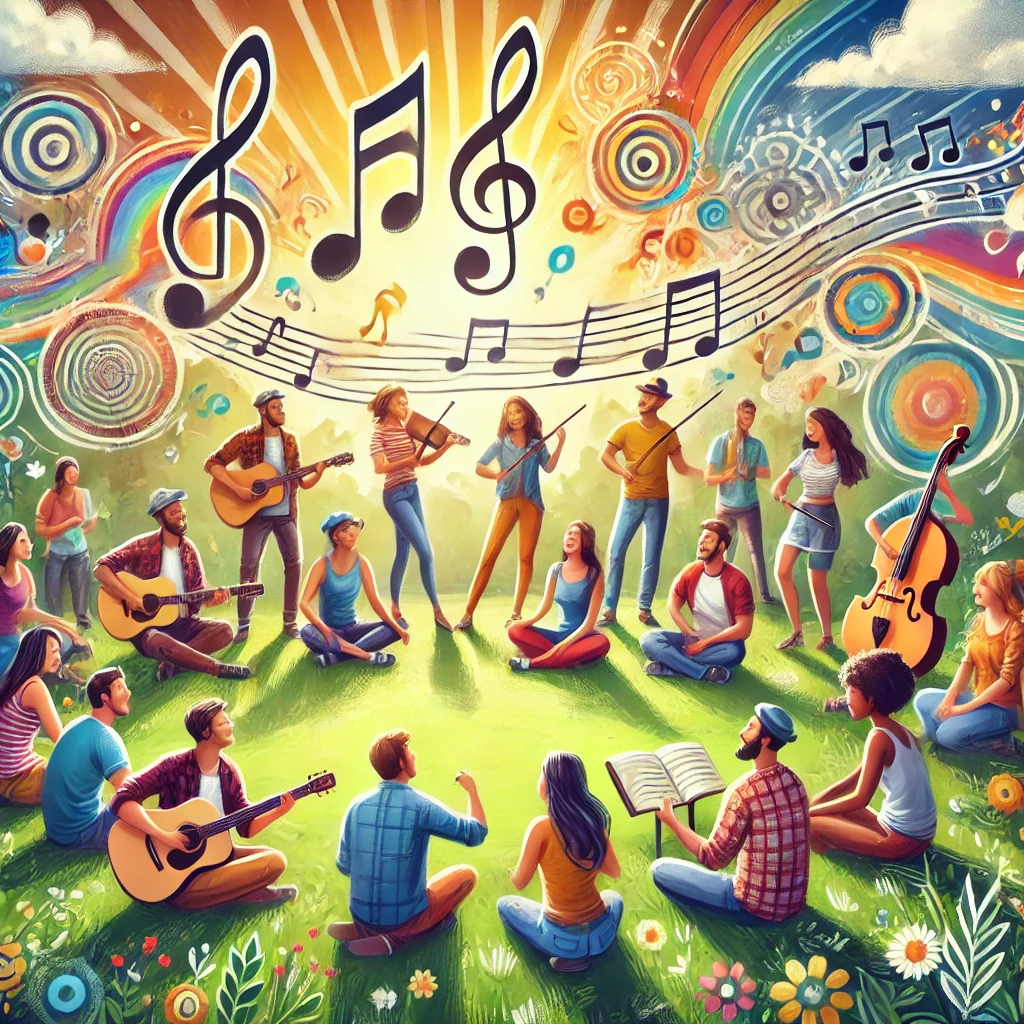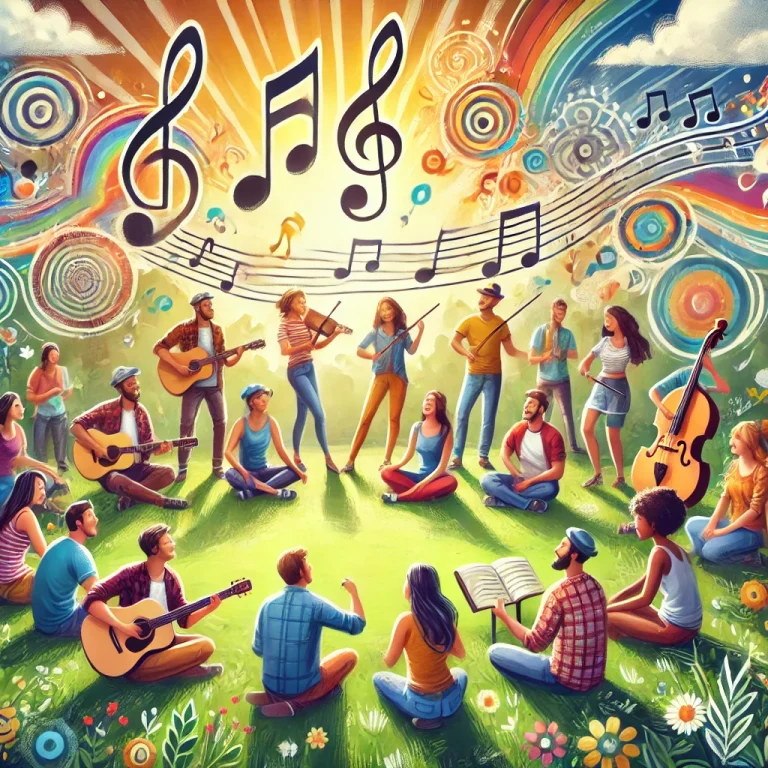
Music is more than just sound; it’s a universal language that transcends borders, cultures, and time. From the rhythmic beats of African drums to the serene melodies of a Mozart symphony, music has the power to evoke emotions, tell stories, and connect us on a deeply human level. Whether it’s a shared cultural tradition or a modern chart-topper, music resonates with something fundamental in us all.
Researchers
Researchers have found that music stimulates various regions of the brain, influencing everything from mood regulation to memory recall. As Daniel Levitin discusses in This Is Your Brain on Music, music engages areas of the brain associated with emotion, creativity, and even survival instincts. This explains why hearing a specific song can transport us to a moment from the past or spark feelings we can’t quite put into words.
What makes music truly magical is its ability to unite people. A song in a foreign language can move us, even if we don’t understand the words. Music has been a tool for human connection since ancient times, whether through communal rituals, celebrations, or protests. Modern science supports this, showing that group music activities, like singing in a choir, foster social bonding, elevate mood, and reduce stress (Pearce et al., 2016).
Music in our lives
Moreover, music adapts to our lives. It can be a source of motivation during a workout, a comforting presence during tough times, or a soundtrack to life’s celebrations. In our increasingly digital world, streaming platforms and social media have made music more accessible than ever, breaking barriers and enabling diverse voices to reach global audiences.
In a world full of noise, music offers us a moment of peace, a burst of inspiration, or simply a reason to dance. Its transformative power reminds us of our shared humanity and the beauty of creative expression.
What’s the soundtrack of your life today? Share your favorite tune in the comments and let’s connect through the universal power of music!
References:
Levitin, D. J. (2006). This Is Your Brain on Music: The Science of a Human Obsession.
Pearce, E., Launay, J., & Dunbar, R. I. M. (2016). The effect of group singing on social bonding and mood.
Related Content:
Streaming League Of Legends Game
https://donemusic.art/2024/12/02/suno-ai/
https://mukaev.online/2024/12/02/freelance-work-a-modern-approach-to-professional-flexibility/
https://weridohedz.online/2024/12/02/effects-of-ai-on-english-learning/
https://lilo.org.tr/2024/12/02/critical-links-of-ai-and-knitting/
https://emiray.org.tr/2024/12/09/usage-of-ai-in-history/
https://stitch.net.tr/2024/12/16/how-artificial-intelligence-is-transforming-history/
https://loren.net.tr/2024/12/09/how-to-remain-active-in-the-community/




1 thought on “The Universal Language of Music”